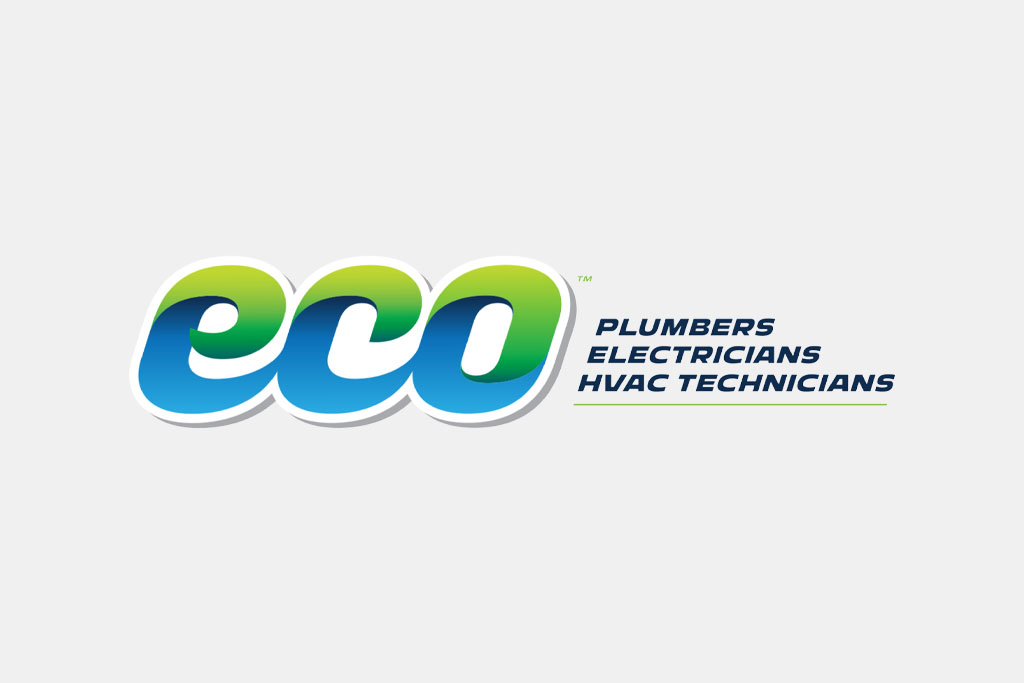Corroded and clogged pipes can substantially decrease efficiency, requiring more energy with fewer results. Learning how to keep your pipes in excellent condition year round is an important part of being a responsible homeowner.
Pipe Talk: The Risks
In addition to using more energy, damaged pipes can cause widespread destruction unexpectedly. When leaks go unnoticed or without repair for long periods of time, they can eventually grow into large spews losing over 250 gallons of water a day. This is bad news for homeowners interested in conservation. Not only can damaged pipes lose large amounts of water, but they can also cause serious damage to other parts of a home. For example, the foundation can be severely effected by pooling water caused by leaking pipes. This type of repair is far more costly than simply fixing the pipes before the problems worsen. Leaky pipes also create a breeding ground for mold. Although not all mold is considered toxic, it will produce allergens that can cause health problems for residents. Wet areas can also become covered in stachybotrys chartarum, more commonly referred to as black mold. This is one type of mold known to be toxic. It can cause serious health conditions like chronic sinus infections, asthma attacks, inflamed lungs, and more.
Take Care of Your Pipes
Basic pipe maintenance doesn’t require extensive time or energy. It merely requires a conscious resident being mindful of their home. To properly take care of your water pipes, consider following these eight steps:
Watch for trouble. Search for leaks, damp areas, loose toilets, and other telltale signs. Each indicates that pipes might need attention.
Address problems immediately. Don’t wait until the leaks get worse or the toilet breaks completely. Take action quickly to avoid more extensive damage.
Know how to shut off appliances. Shutting of the water to the toilet, sink, icemaker, and washing machine is extremely helpful when pipe issues arise.
Insulate water pipes in crawl spaces. Frozen pipes can cause substantial problems and create a need for costly repairs. Avoid leaving garden hoses hooked up during the winter and eliminate leaks.
Keep a small trickle of water running in faucets through the winter to reduce the risk of frozen blockage.
Create an emergency plan for when water problems strike. Know how to turn off the main water supply and sewer valve.
Become an amateur plumber. Buy a few tools and learn how to use them properly to address small plumbing issues independently.
Find a reliable professional plumber. Keep the number of a plumber in a convenient location, and call when disaster strikes.
Proactive pipe care is important for the sustainability of a home, and every homeowner should take time to learn specific techniques for keeping their pipes efficient and protecting them from damage. Without attention, pipes can cause problems in any home. Go through a monthly routine to make sure everything is in good condition. This allows you to catch problems early and save money on repairs in the future. For further advice on how to keep your water pipes in excellent condition, contact The Eco Plumbers team to learn more!












